Tamayouz announces shortlist for Women in Architecture and Construction Award 2019
By Bustler Editors|
Tuesday, Sep 3, 2019
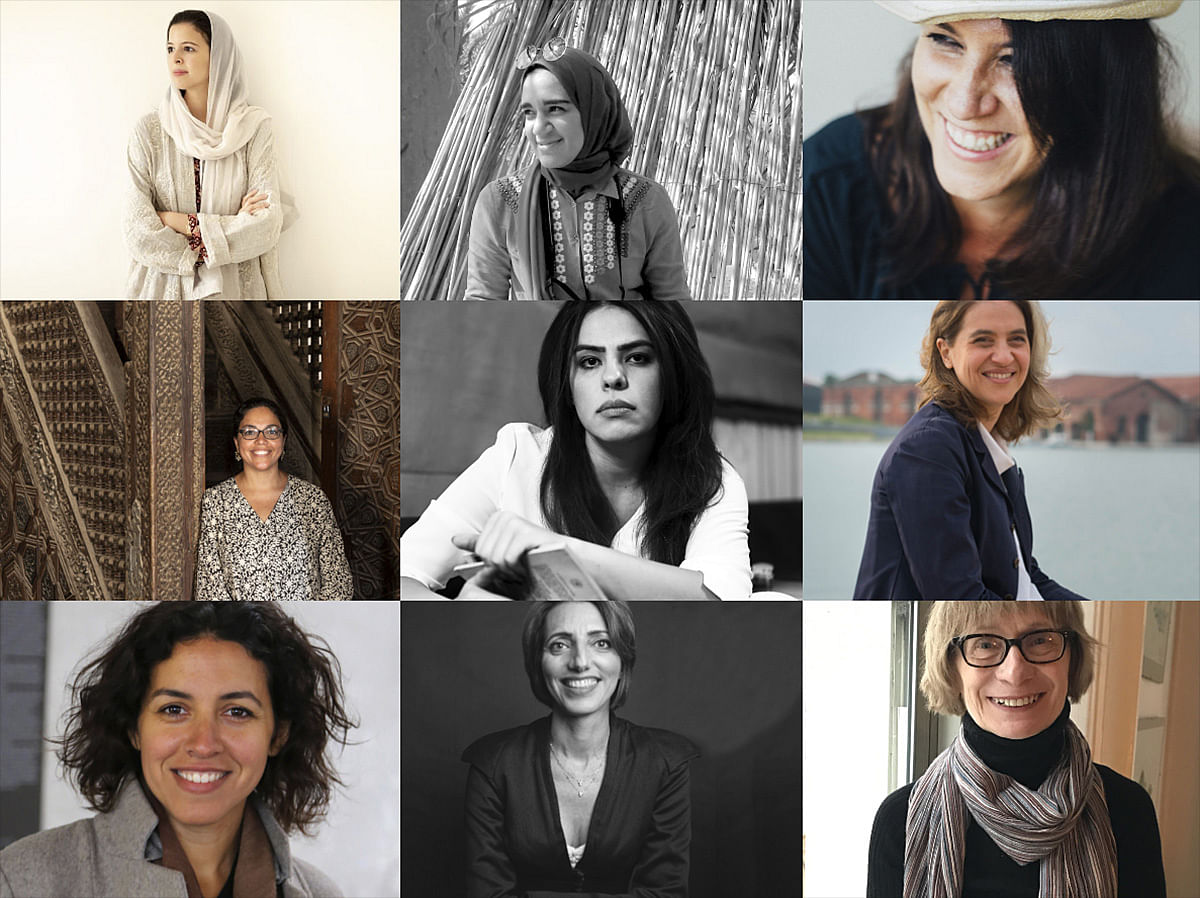
Related
The Tamayouz Excellence Award has announced the finalists for the Women in Architecture and Construction Award 2019. The program recognizes women who have made progressive contributions to the fields of architecture and construction in the Middle East and North Africa.
With a notable jury panel consisting of architects, academics, and writers, the awards distinguished finalists in two categories: Rising Star and Women of Outstanding Achievement.
"In addition to the jury meeting, all four judges participated in a public panel discussion moderated by Arch Seif Allah Abu Alnaga, head of the Society of Egyptian Architects," explains a statement. "The judges discussed their achievements, the obstacles they’ve faced and shared advice with emerging female architects in the Near East and North Africa." Video footage and images of the public panel discussion can be found on the award program’s Facebook page.
Ahmed Al-Mallak, UK-based academic and founding director of Tamayouz Excellence Award, shared a few words describing his excitement for this year's shortlisted winners. "Congratulations to the finalists. It was an inspiring experience to review the hard work of these outstanding women whose devotion gives us hope for a better future for our region. Shortlisting the submissions was not an easy task, but we are happy with our panel's selection and proud to highlight the amazing women of our region."
Last year's winners were Palestinian architect and author Suad Amiry who won Woman of Outstanding Achievement, and Egyptian architect and academic Ebtissam Moustapha who won Rising Star.
The winners of the Women in Architecture and Construction Award 2019 will be announced in September.
Read more about the finalists below:
RISING STAR
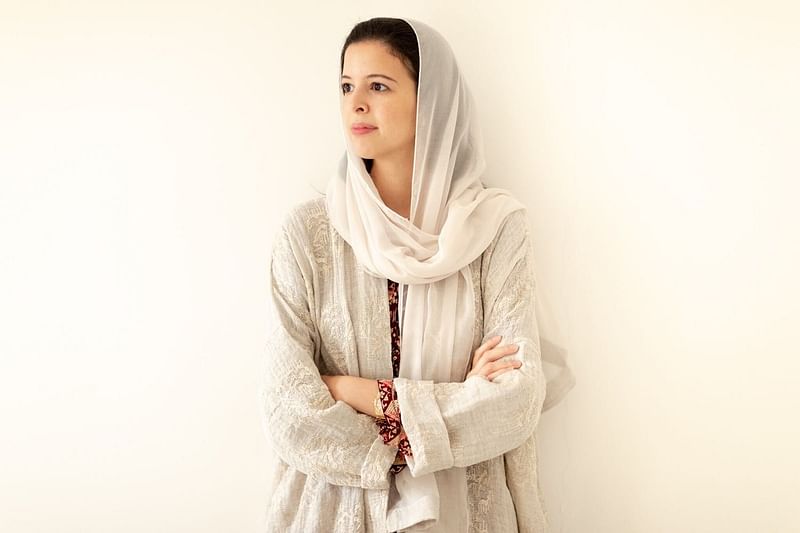
Dana Al-Amri (Saudi Arabia)
Architect and Co-Founder, Watad Studio
"Dana Al-Amri is a Saudi architect and the co-founder of Jeddah-based Watad Studio, which looks at creating contextual designs and architectural solutions that respond to local needs. Representing an emerging generation of female architects from the Kingdom of Saudi Arabia, Al-Amri hopes to support the needs of local communities and the developing urban fabric of her home city and country. She has designed a number of projects spanning the residential, commercial and hospitality sectors. She has also worked on socially responsible projects, such as the Solar Ovens Project, which aimed to educate those devastated by the Jeddah floods on the use of solar power; research on the regeneration of Jeddah’s slums and neglected historical neighbourhoods; and Malik Road Redevelopment, which sought alternative solutions to the layout of the area’s streets in the hopes of reducing traffic and vehicle accidents. Al-Amri has also participated in conferences and fairs, such as Qamra, during which she discussed the importance of sustainable architecture and construction methods."
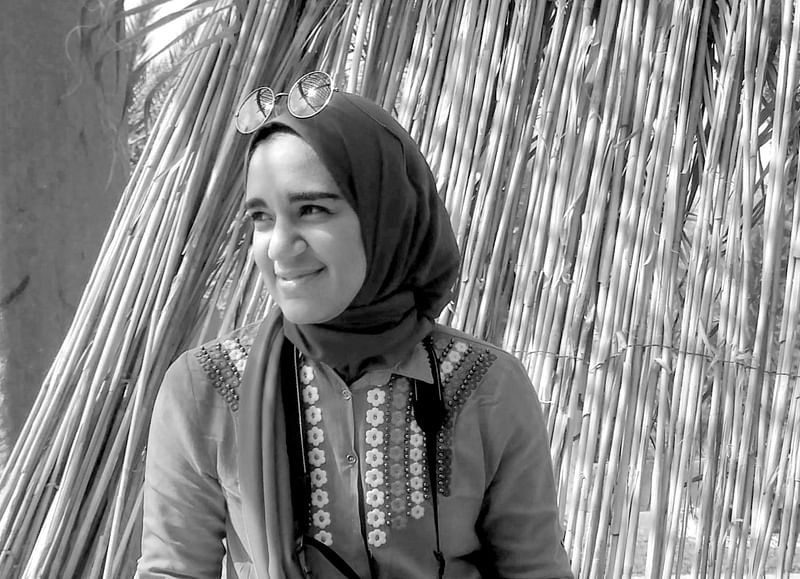
Dr Deena El-Mahdy (Egypt)
Lecturer, Architectural Engineering Department, British University in Egypt
"Dr Deena El-Mahdy is a graduate of Cairo University, from which she obtained her master’s degree (2013) and PhD (2018). El-Mahdy has published more than 10 scientific papers in the past five years on sustainable construction using local resources, and she has received awards for innovating sustainable building materials and projects, such as a salt-block building material and a business model for constructing a home in 24 hours. Over the past few years, she has also participated in a range of workshops and competitions, as well as volunteered in projects related to community development. Also, in 2015, she co-launched Cairo Heritage School, which aims to bridge the gap between governmental bodies, professionals and community members. Through the collaboration between these various key players, El-Mahdy hopes to achieve sustainable interventions that address the preservation of Egypt’s architectural heritage."
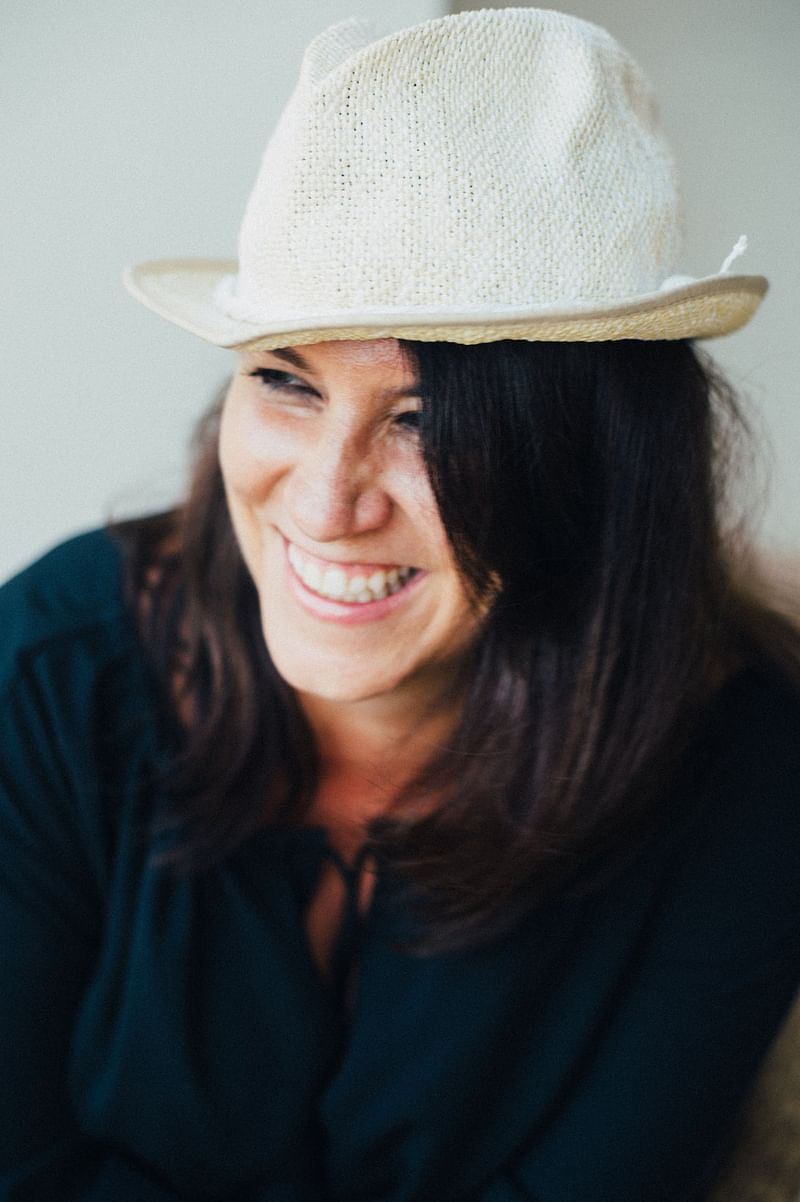
Mariska Stoffel (Germany/UAE)
Project Lead Construction Phase and Project Architect, Killa Design
"Project architect and lead for construction at UAE-based architecture practice Killa Design, German architect Mariska Stoffel is currently supervising the construction of Dubai’s Museum of the Future project. Designed through BIM, the museum is clad entirely in stainless steel and has achieved LEED Platinum status. The low carbon civic building applies parametric design and passive solar architecture, both of which Stoffel is passionate about. She strives to challenge conventional design production and construction methods through advanced technology. In addition to her built practice, she works to raise awareness of how orphans and disabled youth can be better integrated into a community’s urban and social fabric. She has lectured and participated in workshops about architecture and construction, and lent support and guidance to young female students. Previously, she worked as an associate at Woods Bagot in Dubai, where she oversaw and supervised the construction of projects in Dubai, such as Madinat Jumeirah Hotel Resort and City Walk."
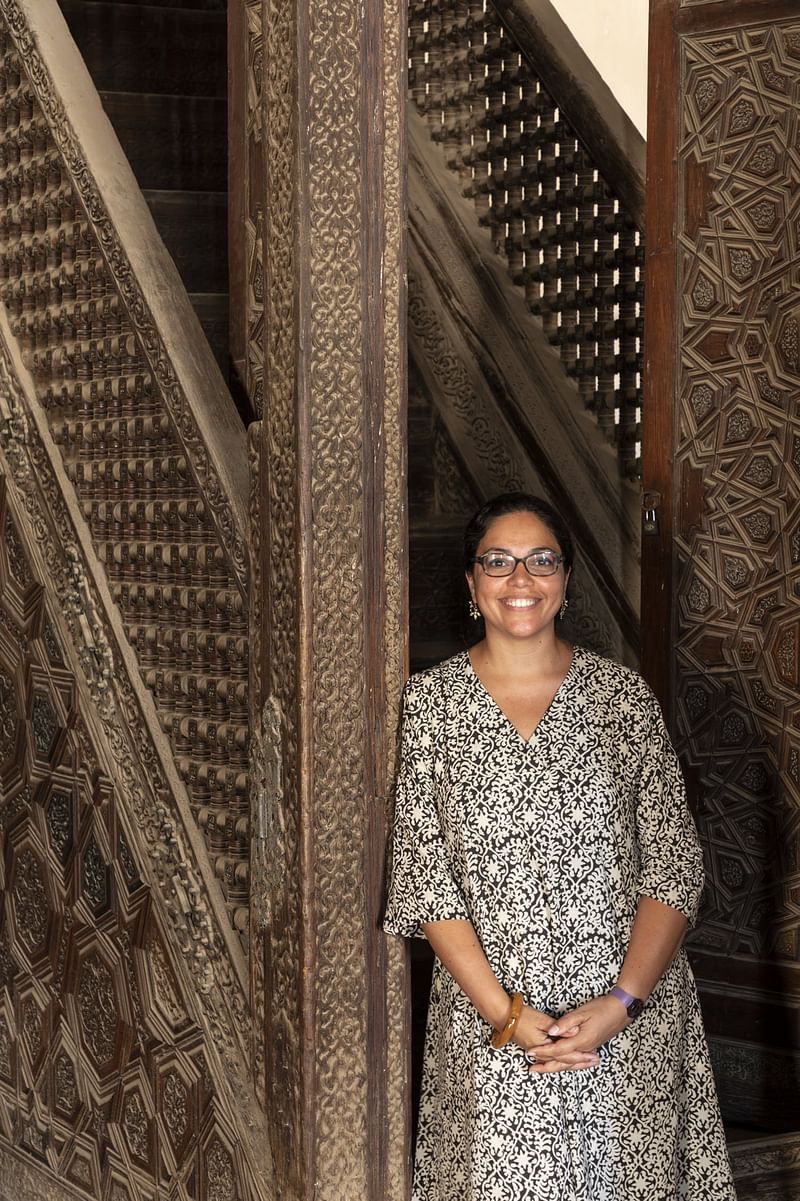
Dr Omniya Abdel Barr (UK/Egypt)
Architect, Researcher and Barakat Trust Fellow, Victoria and Albert Museum
"Dr Omniya Abdel Barr is an architect, conservator and architectural historian. Her work focuses on Egypt’s cultural heritage with a sub-focus on historic Cairo. She holds a PhD on Mamluk architectural history from Provence University, Aix-Marseille (2015); a master’s in conservation of historic towns and buildings from the Raymond Lemaire Center at KUL, Leuven, Belgium (2004); and a bachelor’s in architecture from Helwan University, Egypt (2000). She is currently the Barakat Trust Fellow at the Victoria and Albert Museum in London, UK, where she leads the digitisation of K.A.C. Creswell’s international collections with the American University of Cairo, the Ashmolean Museum in Oxford and Harvard University. In addition to her research work, she is also the project manager of ‘Rescuing the Mamluk Minbars of Cairo’, and has actively sought to protect Egyptian art pieces from international auction sales and looting."
WOMEN OF OUTSTANDING ACHIEVEMENT

Habibeh Madjdabadi (Iran)
Founder and Manager, Habibeh Madjdabadi
"Iranian architect Habibeh Madjdabadi started her career in 2003, when she launched her namesake design studio in Tehran, a move that followed a competition win for the restoration of a historical building in Iran. Throughout her work, she strives to reinterpret traditional Iranian architecture with contemporary expressions. In the years since launching her firm, she has received several awards and recognition, including a Worldwide Brick Award 2014 and a Memar Award 2014 for her project House of 40 Knots. She was also shortlisted for an Aga Khan Award in 2016 for the same project. In addition to her architectural output, which reflects her poetic approach to materiality and forms, Madjdabadi has written various articles about architecture and design, which have been published in the Iranian journal Memar, for which she is a contributing editor."
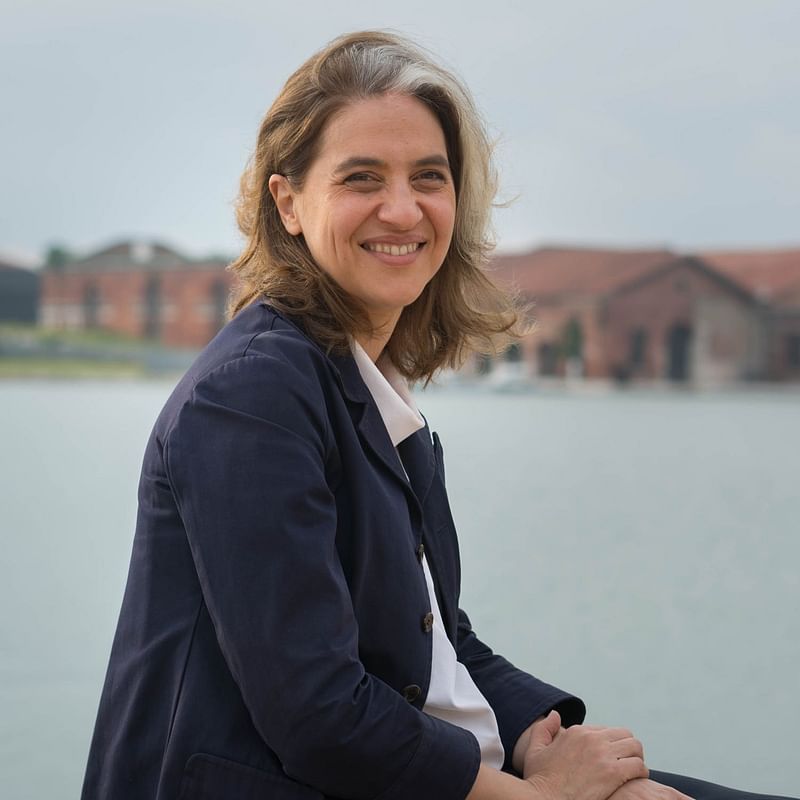
Hala Younes (Lebanon)
Founder, Hala Younes, and Lecturer, Lebanese American University
"Hala Younes completed her bachelor’s degree in architecture in 1993, a time when young architects in her home country were tasked with responding to the challenges of reconstruction. Her graduation project dealt with the reconstruction of the war-torn urban fabric of Ras El Nabeh, and its densification, while maintaining the topological qualities of the traditional city. Later in the mid-1990s, she pursued a degree in geography and planning, and completed her thesis, ‘Landscape and Urban Dynamics in Mount Lebanon’. The topics of her early research have since remained pressing concerns across her 25-year career, during which she’s won awards for her built projects. Younes has long considered architecture as the ultimate tool in giving meaning to a site, recounting its history and revealing its qualities. Her projects, which include residential, hospitality and restoration, are connected to each other by Younes’s priority of landscape preservation. In 2018, she curated the Lebanese pavilion at the Venice Architecture Biennale."
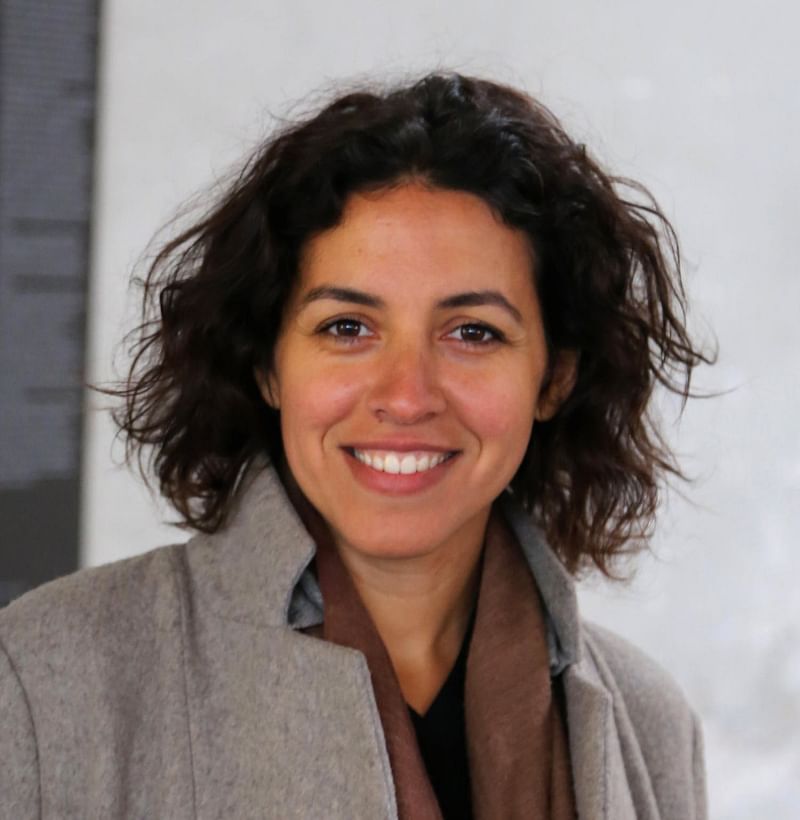
Shahira Fahmy (Egypt)
Principal and Founder, Shahira Fahmy Architects
"Shahira Fahmy is an architect, urbanist and creative researcher. She is the founder and principal of Shahira Fahmy Architects, which was established in Cairo in 2005. Fahmy has designed and built projects in the Middle East and Europe, and was once hailed by Phaidon as one of the “architects building the Arab future”. Her projects include the masterplan of Andermatt Swiss Alps’ Ski Resort, phase II and III; the architecture of the Allegria Resort, a housing and residential project in Cairo; and the restoration of an experimental arts hall in New York. In addition to her built work, she has researched rapid urbanisation and mapping, and is a two-time recipient of Harvard University’s post-doc fellowship for her prescient work exploring the relationship between urbanism, governance and cyberspace. She has taught at Columbia University Graduate School of Architecture, Planning and Preservation; the American University in Cairo; and Cairo University. She is currently working on an affordable housing project in the UK."
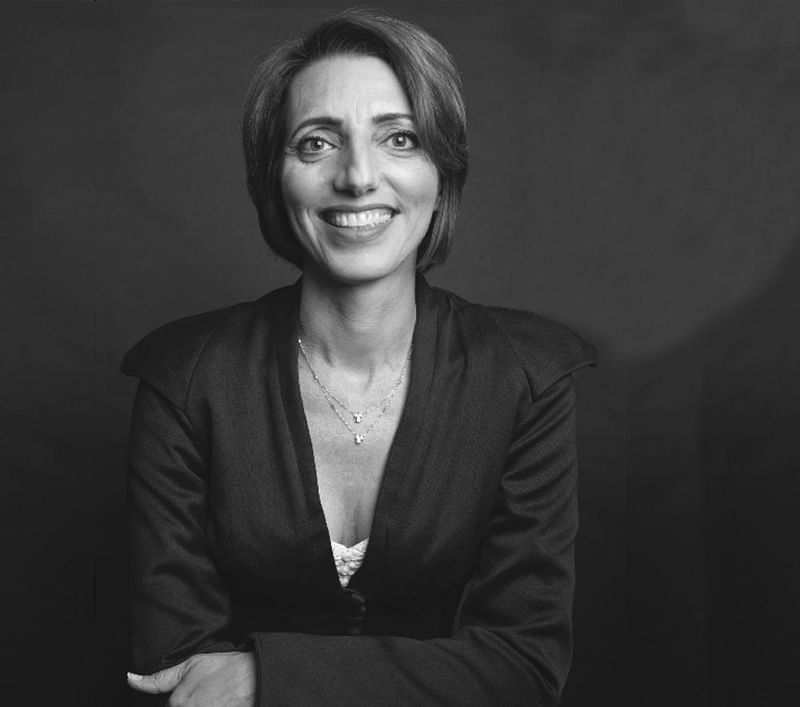
Sumaya Dabbagh (Saudi Arabia/UAE)
Director and Owner, Dabbagh Architects, and Chair, RIBA Gulf Chapter
"Establishing her company more than 10 years ago in the UAE, Saudi architect Sumaya Dabbagh has led the design on a number of award-winning projects, including the Mleiha Archaeological Centre in Sharjah. Educated in the UK with more than 20 years of experience in architecture, interior design and project management, Dabbagh has long worked to rebalance the gender disparity in the field of architecture, particularly in the Gulf region. In addition to her built work, which includes residential, education and cultural projects, among others, Dabbagh actively participates in conferences in the region, with the goal to share her ideas and approach to architecture with younger men and women architects. She was also an instrumental part of the team who set up the RIBA Gulf Chapter in 2009, and has chaired it since December 2015."
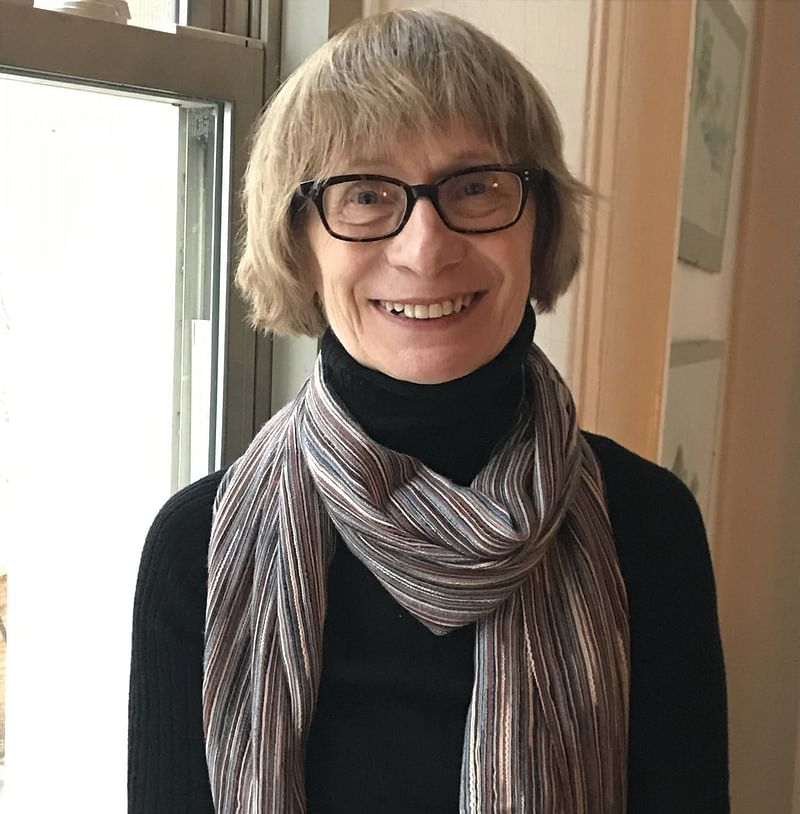
Dr. Zeynep Celik (Turkey/USA)
Author; Professor, New Jersey Institute of Technology – Rutgers University; and Adjunct Professor, Columbia University
"Dr Zeynep Celik is a distinguished professor of architecture and history at New Jersey Institute of Technology – Rutgers University, and adjunct professor of history at Columbia University. She has also written, edited and produced numerous publications that explore the architecture and cities of the late Ottoman Empire and French colonialism. In the past, she taught at various universities including University of California, Berkley; Harvard, MIT, Princeton, Ecoles des Hautes Etudes en Sciences Sociales in Paris; Ecole Nationale d’Architecture et d’Urbanisme in Tunis, Barnard College and Bosporus University in Istanbul. Some of her books include, The Remaking of Istanbul (1986), Displaying the Orient: Architecture of Islam at Nineteenth Century World’s Fairs (1997); Empire, Architecture, and the City: French-Ottoman Encounters, 1830-1914 (2008); and About Antiquities: Politics of Archaeology in the Ottoman Empire (2016). She is currently completing a new book titled Cities of the Middle East between the late Ottoman Empire and the British and French Mandates (working title). In addition to her publications and professorship, she has curated various exhibitions around the world, including ‘Walls of Algiers’ at the Getty Research Institute in Los Angeles and ‘Scramble for the Past: A Story of Archaeology in Ottoman Empire’ at SALT, Istanbul. She is currently collaborating with an international team on an exhibition and conference titled, ‘Palestine from the Sky’, to open in Ramallah in 2020."

RELATED NEWS Rasem Badran wins 2019 Tamayouz Lifetime Achievement Award for Architecture


Share
2 Comments
Majid Sarmast · Sep 17, 19 8:47 PM
Please change Ms. Majdabadi with the photo named for Shahira Fahmy. Placing the photo is incorrect.Alexander Walter · Sep 17, 19 10:27 PM
Thank you for catching that. We have corrected the mistake.Comment as :